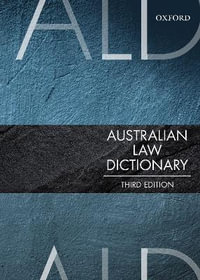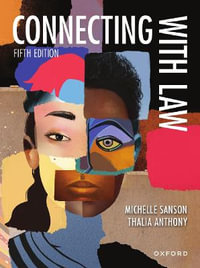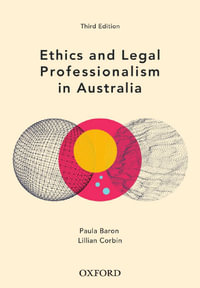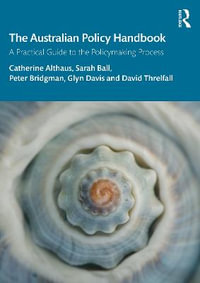QUEER NECROPOLITICS is a collection of brilliantly astute and bravely explorative essays that animate and bring to life the remains and casualties of state strategies of abandonment, of wars without end, and of bare lives. Refusing the mere documentarian tasks of a scholar, the authors exhort readers to bring themselves to uncomfortable and disturbing yet productive engagements with the messy collisions of race, sexuality, and violent dispossessions in various queer sites, times and orientations of forms of "subjugations of life to the power of death." A landmark contribution.
----Martin F. Manalansan IV, Associate Professor of Anthropology and Asian American Studies and author of Global Divas: Filipino Gay Men in the Diaspora
By exhuming the death-worlds that produce some forms of vitality as little more than remaindered life, Queer Necorpolitics brilliantly performs the work of imagining a politics beyond the political. This collection is precisely the kind of theory we need-it offers thick descriptions and insurgent analysis through a rigorous indictment of the neoliberal present. These writers push us beyond the page and toward a practice of abolishing the various iterations of capture, colonization, and liquidation so that more might flourish under the banner of collective liberation.
---Eric A. Stanley, co-editor of Captive Genders: Trans Embodiment and the Prison Industrial Complex
Sharp, timely, and necessary, Queer Necropolitics explores the contemporary terrain of queer politics not to ask, "who has been left out", but "what remains" to build a queer analytics after the absorption of women?s, gay and transgender politics into a discourse of rights, protection and diversity. Queer Necropolitics answers not by sifting out every more fine identities and entities but by analyzing new differentials of disposable being in the ordinary seams of everyday life.
---Elizabeth Povinelli, the author of The Empire of Love: Toward a Theory of Intimacy, Geneology, and Carnality and Economies of Abandonment: Social Belonging and Endurance in Late Liberalism
QUEER NECROPOLITICS is a collection of brilliantly astute and bravely explorative essays that animate and bring to life the remains and casualties of state strategies of abandonment, of wars without end, and of bare lives. Refusing the mere documentarian tasks of a scholar, the authors exhort readers to bring themselves to uncomfortable and disturbing yet productive engagements with the messy collisions of race, sexuality, and violent dispossessions in various queer sites, times and orientations of forms of "subjugations of life to the power of death." A landmark contribution.
----Martin F. Manalansan IV, Associate Professor of Anthropology and Asian American Studies and author of Global Divas: Filipino Gay Men in the Diaspora
By exhuming the death-worlds that produce some forms of vitality as little more than remaindered life, Queer Necorpolitics brilliantly performs the work of imagining a politics beyond the political. This collection is precisely the kind of theory we need-it offers thick descriptions and insurgent analysis through a rigorous indictment of the neoliberal present. These writers push us beyond the page and toward a practice of abolishing the various iterations of capture, colonization, and liquidation so that more might flourish under the banner of collective liberation.
---Eric A. Stanley, co-editor of Captive Genders: Trans Embodiment and the Prison Industrial Complex
Sharp, timely, and necessary, Queer Necropolitics explores the contemporary terrain of queer politics not to ask, "who has been left out", but "what remains" to build a queer analytics after the absorption of women?s, gay and transgender politics into a discourse of rights, protection and diversity. Queer Necropolitics answers not by sifting out every more fine identities and entities but by analyzing new differentials of disposable being in the ordinary seams of everyday life.
---Elizabeth Povinelli, the author of The Empire of Love: Toward a Theory of Intimacy, Geneology, and Carnality and Economies of Abandonment: Social Belonging and Endurance in Late Liberalism
























